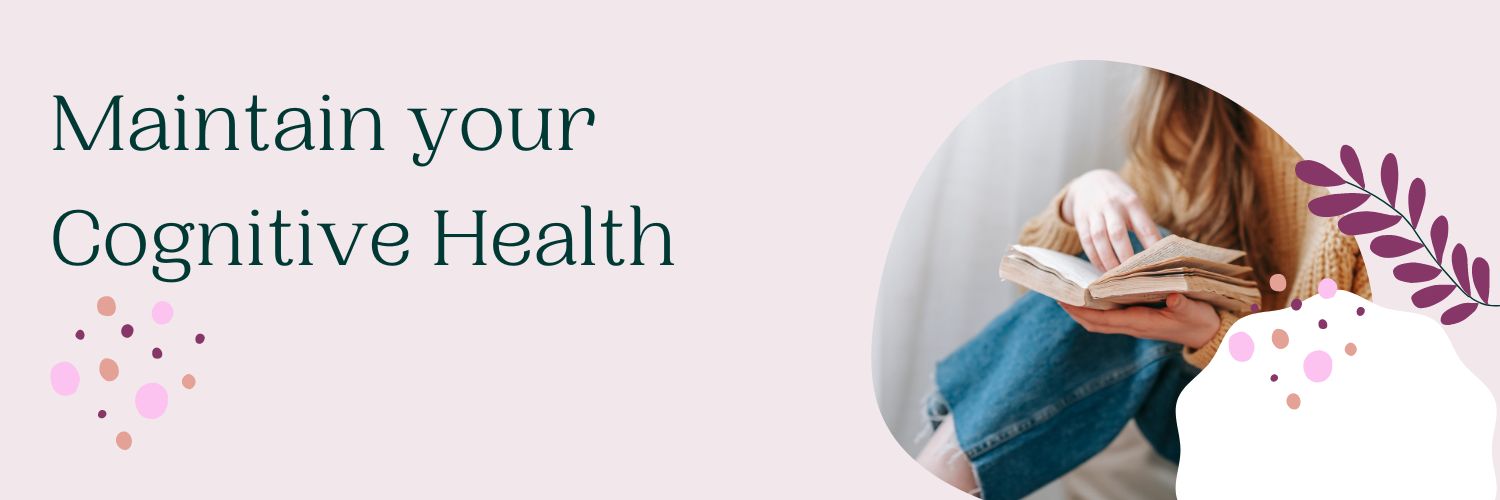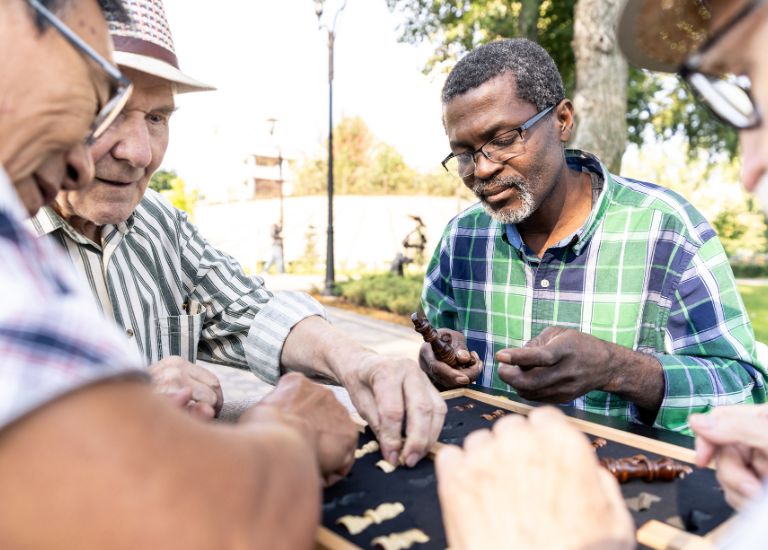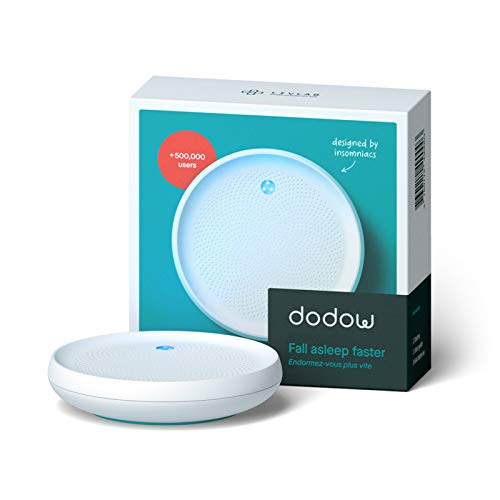Cognitive health: 8 critical factors to protect your mind

Disclaimer: this website does not provide medical advice. Articles are for informational purposes only and should not be used as a substitute for professional medical advice, diagnosis or treatment. Always seek the advice of your physician or other qualified healthcare provider with any questions you may have regarding a medical condition or treatment, and never disregard professional medical advice or delay in seeking it because of something you have read on this website.
We all expect that, as we get older, we are going to start becoming more forgetful. And we hope that any cognitive decline stops there and doesn’t progress on to dementia or Alzheimer’s Disease, as these conditions cause so much distress for those who suffer from them and for their family members.
What if there are steps that we can start to take early on in life that can help us maintain our intelligence and memory? Based on the 2020 study “Evidence-based prevention of Alzheimer’s disease”, there are 19 targeting factors to help us lower our dementia risk. The paper is based on 243 observational studies and 153 randomised controlled trials, and looked at 134 risk factors.
As you know, the Seeoran team are not health professionals and we are using the video below from Dr Brad Stanfield to help us interpret the results of this study in a way that can help you in making changes to your daily routine that will support healthy cognitive function in later life.
1. Cognitive activity
This one comes down to the old adage, ‘Use it or lose it’. We need to be constantly learning new things and solving difficult problems. When we are younger, raising families and carrying out responsible jobs, we have to figure new things out all the time but, as we age, particularly when we retire, we are not required to use and develop our intelligence as much as in our earlier years.
This is why older people often join bridge clubs, as the game requires concentration and solving skills. It is also worth thinking about how you will spend your time once you retire and considering options like joining the committee of a local charity or residents association. It is important to continue using your mental faculties, and activities like this also provide social connections and the feeling of having a purpose in life.
In the study, education in early years was shown to be important. This is probably because people who are educated when they are young, keep educating themselves as they go through life and do their research on how to optimise their health and quality of life.

2. Great diet
It is really important to eat a balanced diet, especially considering your protein intake, which protects our muscle mass. There is a link between type 2 Diabetes and dementia. To avoid becoming diabetic, we should restrict food and drink that is high in sugar and refined carbohydrates.
Low levels of Vitamin C are connected with increased risk of dementia so eating plenty of fruit and vegetables is very important.
3. Regular exercise
As you age, diet and exercise are important to prevent loss of muscle mass as this can lead to frailty in old age, which is associated with dementia. Ideally, we should incorporate both types of exercise:
- Resistance training, which involves using weights to cause our muscles to become stronger.
- Cardiovascular exercise, which involves vigorous activities like jogging and cycling, increases breathing and heart rate, and contributes to heart health.

4. Mental state
Unfortunately, there is a correlation between depression and dementia. We need to take care of our mental health, which can include socialising, activities that we enjoy and meditation. Long-term stress can also lead to increased risk of dementia as stress takes its toll on our body and mind.
Dr Stanfield talks about the benefits of meditation for both depression and stress. If you experience depression, you may also want to consider talking to a professional, such as your doctor or a therapist.
5. High quality sleep
High quality sleep is very important as it is a time when the brain flushes away toxins that have built up. At least seven hours of sleep is crucial to allow both our brains and bodies time to recover.
- Tap the touchpad once for the 8 min mode and twice for the 20 min mode. Synchronize your breath with the blue light projected onto the ceiling: breathe in as it expands.......and exhale when it retracts.
- You may find that the expiration time is longer. It's intentional. It helps to create the feeling of fatigue that leads to falling asleep.
- At the end of the exercise (8 or 20 minutes) Dodow turns itself off. You will then be in the ideal conditions to fall asleep in the position of your choice.
- By synchronizing your breath (abdominal) with the light pulse, Dodow gradually takes you from 11 to 6 breaths per minute.
- According to several studies, this rhythm is optimal for stimulating the baroreflex - a reflex that will rebalance your autonomic nervous system to bring you to a state of rest quickly.
6. Lifestyle
Smoking is a definite no-no as it is linked to dementia because it impacts our blood vessel and brain health. Your alcohol consumption needs to be moderate as it contributes to excess weight and higher cholesterol levels.
Head trauma is also linked to dementia so we should avoid activities that involve potential bangs and injuries to our head and face.
7. Supplements
As levels of Vitamin C are connected with dementia, it would be important to use a good Vitamin C supplement if you are not getting enough fruit and vegetables in your diet.
According to the study, high levels of blood Homocystiene are associated with increased risk of dementia. Dr Stanfield tells us that a supplement called TMG can help with this and he recommends using a company called DoNotAge.org, who carry out a lot of anti-aging research.

8. Good relationship with your doctor
It is really important that you have a doctor or General Practitioner that you can trust and who you visit regularly. In relation to dementia, you want to make sure that your blood pressure is in the normal range, not too high and not too low. If you have issues with blood pressure, you can look at adjusting factors that could be contributing, like high salt diet, alcohol and lack of exercise – but if adjusting these doesn’t resolve the issue, you can discuss blood pressure medications with your doctor.
Your doctor can also help you monitor your BMI, as obesity in mid-life has been shown to contribute to dementia.
You should also have your cholesterol levels checked as they are connected to blood vessel health. Our brain contains a network of blood vessels, and their condition can impact our chance of developing dementia. Dr Stanfield points out that Statins, which are used to treat cholesterol, have gotten bad press but more recent research has been in their favour.
Conclusion
To be fair, there is very little in the advice above that we didn’t already know. The problem is that we all have busy lives and it can be hard to prioritise all of these factors. However, they all have such a huge impact on how we age that it is worth reviewing our daily habits to see if there are any small changes we could make to ensure that we are ticking as many as possible of the boxes for the factors listed above.
The key to aging gracefully is the creation of healthy, consistent routines around diet, exercise, sleep, social connections, lifestyle and our relationship with our doctor. Let’s face it, we’d all rather take a magic pill than having to implement consistent discipline – but, unfortunately, the research shows that the ‘Steady Eddies’ who take the above factors seriously will have better outcomes in terms of protecting their cognitive health.

